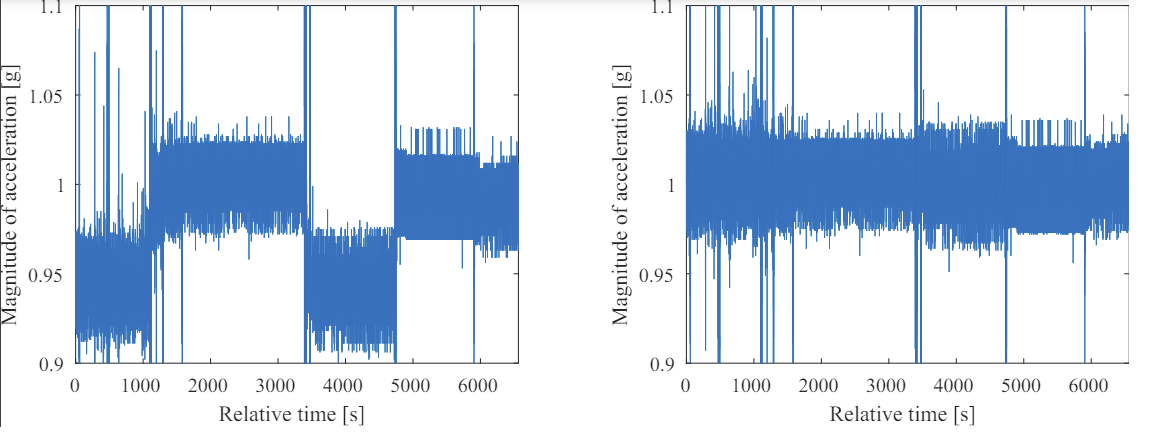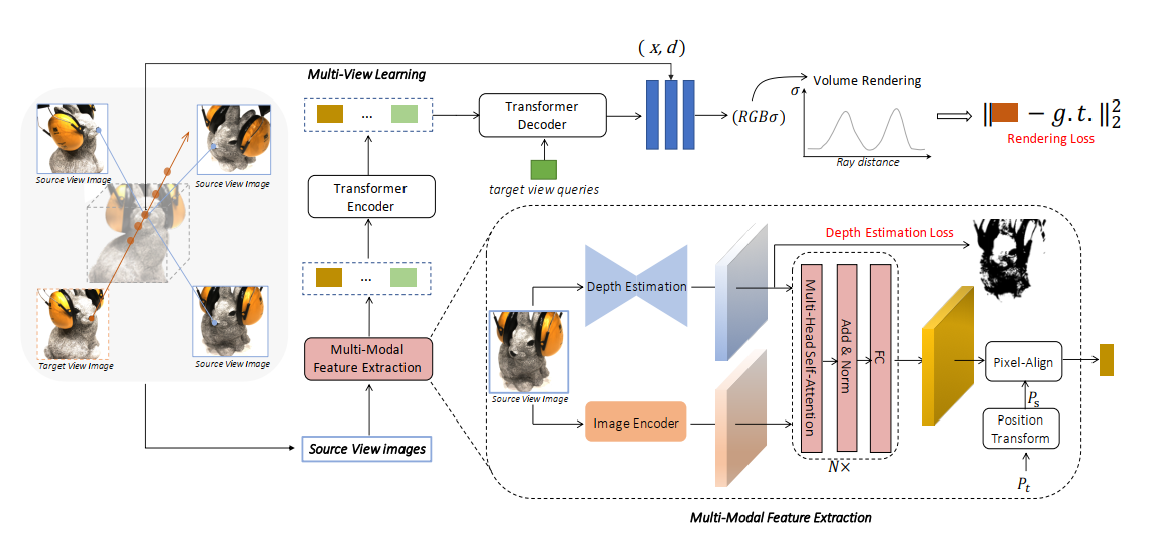Advanced Energy Conversion Systems Based on Multi-Port Electrical Machines
Submission Deadline: 31 July 2021
IEEE Access invites manuscript submissions in the area of Advanced Energy Conversion Systems Based on Multi-Port Electrical Machines.
Over the last decade, energy conversion systems based on multiple-electrical-port and multiple-mechanical-port electrical machines have attracted widespread attention from both academia and industry, with their benefits of high efficiency, compactness and flexibility. This concept has been adopted in many industrial applications, such as wind power generation, ship shaft power generation, ship electric propulsion, electric vehicle, rail transportation, more/all electric aircraft, and AC/DC-micro-grids, among others. Due to the ever-increasing demand for highly reliable and cost-effective energy conversion systems, advanced machine/converter topologies, modeing approaches, control strategies, and reliability evaluations of the multi-port electrical machine and drive systems are in great need.
The objective of this Special Section in IEEE Access is to identify, address and disseminate state-of-the-art research works on design, modeling and control of multi-port electrical machines, from theory to applications. Prospective authors are invited to submit original contributions, including survey papers, in this Special Section.
The topics of interest include, but are not limited to:
- Novel topologies of multi-port electrical machine and drive systems
- Multi-physics modeling and analysis of multi-port electrical machines and drive systems
- Advanced control strategies for highly reliable and cost-effective energy conversion using multi-port electrical machines
- Fault monitoring, diagnosis and tolerance operation of multi-port electrical machines and drives
- Lifetime prediction and reliability assessment
- New applications of multi-port electrical machines in energy conversion
We also highly recommend the submission of multimedia with each article as it significantly increases the visibility and downloads of articles.
Associate Editor: Wei Xu, Huazhong University of Science and Technology, China
Guest Editors:
-
- Yi Liu, Huazhong University of Science and Technology, China
- Jianguo Zhu, The University of Sydney, Australia
- Z. Q. Zhu, The University of Sheffield, UK
- Ayman El-Refaie, Marquette University, USA
- David G. Dorrell, University of the Witwatersrand, South Africa
- Shiyi Shao, Wuxi Silent Electric System Technology Co, Ltd., China
Relevant IEEE Access Special Sections:
IEEE Access Editor-in-Chief: Prof. Derek Abbott, University of Adelaide
Article submission: Contact Associate Editor and submit manuscript to:
http://ieee.atyponrex.com/journal/ieee-access
For inquiries regarding this Special Section, please contact: weixu@hust.edu.cn.
Advanced Internet of Things for Smart Cyber-Physical Infrastructure Systems
Submission Deadline: 20 March 2021
IEEE Access invites manuscript submissions in the area of Advanced Internet of Things for Smart Cyber-Physical Infrastructure Systems.
The Internet of Things (IoT) is rapidly gaining ground as a priority, multidisciplinary research topic in many
academic and industrial disciplines, especially in Cyber-Physical infrastructures, such as renewable
energy generation, smart vehicle management, and water quality monitoring. Due to the rapid
proliferation of smart sensors and meters, wearable devices and smartphones, the Internet of Things-
enabled technology is evolving infrastructure from conventional operation and maintenance business
models to more efficient, sustainable, smart and resilient systems. The successful utilization of IoT
enabled technology in Cyber Physical Infrastructure Systems (CPIS) will enable them to be faster and
more proactive, have a lower overall cost, provide improved business practices and enhance
sustainability. Future IoT enabled infrastructures will be realized to provide timely information
communication and effective decision-making for intelligent society and industry.
There are already IoT smart applications used without human intervention in areas such as traffic
congestion monitoring, household waste recycling, water consumption monitoring and alert systems in
cities. People will play a major role as they generate and use the data coming from these devices. IoT
technology provides potential for optimal feedback and decisions on various infrastructure needs, where it
enables seamless alignments of the local providers with the global potential of wider communities. It
leads to new smart services and increases the efficiency for infrastructure.
However, empowering the utility of IoT enabled technology in Cyber-Physical infrastructure is still
significantly challenging, considering the shortage of cost-effective and accurate smart sensors and
meters, unstandardized IoT system architectures, heterogeneity of connected wearable devices,
multidimensionality and high volume of data generated, and the high demand for interoperability.
From a
user-centric perspective, the successful use of IoT in infrastructure will also need an interoperable IoT
environment for delivery and research, tightly-coupled data mining applications, adequate data and
knowledge standards of self-empowerment, and a sound decision-making foundation. Research will focus
on designing and developing more connected complex systems, dealing with the current lack of
standards, and figuring out ways to analyze the deluge of data. Complexity will be an important factor to
study and control: The behavior of every single node in IoT will need to be considered to determine its
potential impact on the whole CPIS. These challenges and needs provide a lot of opportunities to explore
and investigate new concepts, algorithms and applications in IoT enabled smart infrastructure.
The goal of this Special Section on Internet of Things for smart CPIS is to bring together researchers and
practitioners from both academia and industry into a forum, and to show the state-of-the-art research and applications in utilizing IoT enabled technology for cyber-physical infrastructure, by presenting efficient
scientific and engineering solutions, addressing the needs and challenges for integration with new
technologies, and providing visions for future research and development.
The central theme of the proposed Special Section is on advanced internet of things technologies for
smart cyber-physical infrastructure systems, where smart sensing technologies, IoT architectures,
services, applications, and data analytics for infrastructure applications are the focus areas, and broad
aspects and issues will be well discussed.
This topic should be of great interest to IEEE Access readers.
The theme of the Special Section (SI) is especially focused on the three major aspects of IoT for
infrastructure: (1) intelligent monitoring with increased security and validity in CPS by using a variety of
IoT assets or technologies, including sensors, devices and mobile applications, (2) Interoperability and
data sharing services across IoT infrastructures supporting heterogeneous elements to cooperate
seamlessly to share information, and (3) Creation of ecosystems of “Platforms for Connected Smart
Objects”; integrating the future generations of smart devices (i.e. sensors) and network technologies and
other evolving ICT advances.
The Special Section aims to provide a forum for experts to disseminate their recent advances and views
on future perspectives in the field. The Special Section aims to publish original, significant and visionary
articles which present ideas, innovations, and applications of utilizing IoT enabled technology for
improving the efficiency, sustainability and reliability of infrastructure.
The topics of interest include, but are not limited to:
- Intelligent sensing and monitoring techniques and applications for CPIS
- Challenges and issues of intelligent sensing and data collection techniques in CPIS
- Integrated communication and distributed computing design for CPIS
- Internet of Things architecture design for CPIS
- Theoretical computing foundation and models for CPIS
- Intelligent real time data analytics for CPIS
- Security and privacy issues in the distributed computing infrastructure of CPIS
- Machine learning techniques for CPIS
- Co-design of distributed computing and physical systems in CPIS
- Large-scale data analysis in CPIS
- Scalable data and resource management in CPIS
- Robotics and autonomous systems for CPS
- Human in the loop robotics and interaction tech for CPS
- Innovative and cutting-edge technologies for CPIS
- Applications of Cyber-physical system
We also highly recommend the submission of multimedia with each article as it significantly increases the visibility and downloads of articles.
Associate Editor: Po Yang, Sheffield University, UK
Guest Editors:
-
- Wenyan Wu, Birmingham City University, UK
- Zofia Lukzos, Delft University of Technology, Netherlands
- Zahid Akhtar, State University of New York Polytechnic Institute, USA
Relevant IEEE Access Special Sections:
- Big Data Technology and Applications in Intelligent Transportation
- Innovation and Application of Internet of Things and Emerging Technologies in Smart Sensing
- Emerging Trends, Issues and Challenges for Array Signal Processing and Its Applications in Smart City
IEEE Access Editor-in-Chief: Prof. Derek Abbott, University of Adelaide
Article submission: Contact Associate Editor and submit manuscript to:
http://ieee.atyponrex.com/journal/ieee-access
For inquiries regarding this Special Section, please contact: po.yang@sheffield.ac.uk.





Follow us: